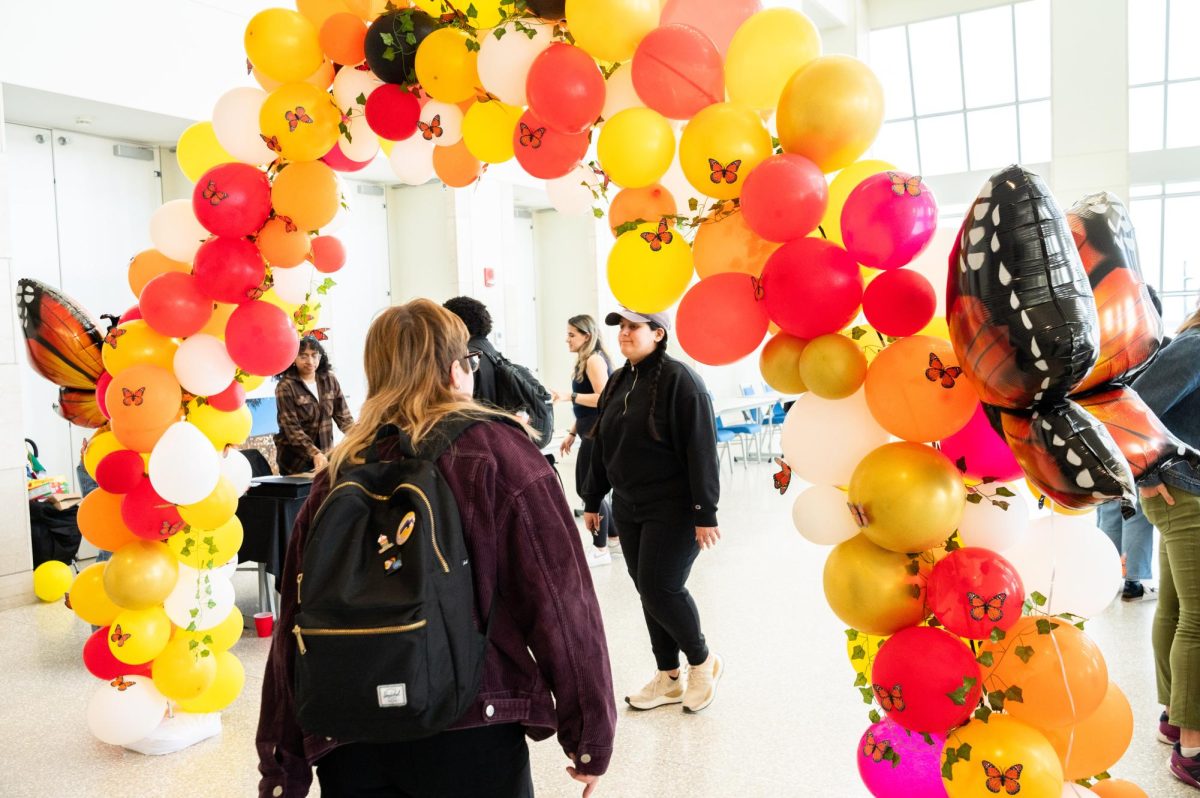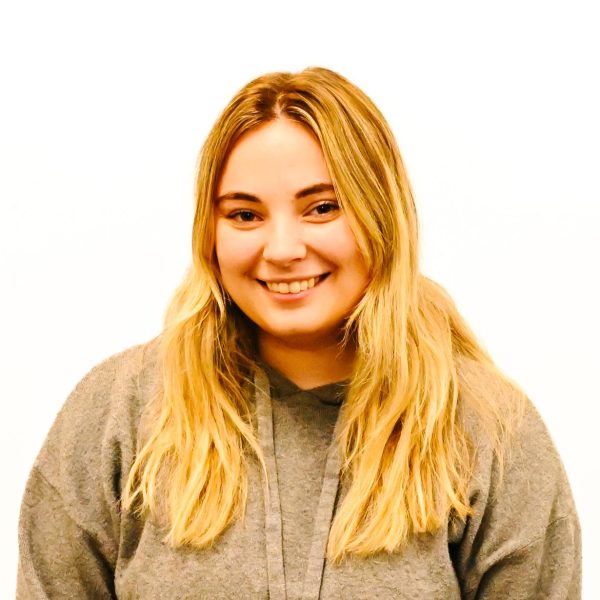In order to raise awareness about issues surrounding undocumented immigrants pursuing higher education, the Immigrant Student Program hosted UMass Boston’s third annual UndocuWeek from Tuesday, April 16 to Thursday, April 18. The events were sponsored by other organizations on campus, including Casa Latina, the Native Indigenous Student Association and Student Multicultural Affairs, in addition to off-campus organizations like the Massachusetts Immigrant & Refugee Advocacy Coalition.
According to Tamari Kakhoidze, president of the Student Immigration Alliance Club, “UndocuWeek was developed as a resource for professionals in the workspaces or classrooms to advance their scope of resources and to increase the knowledge surrounding the needs and identities of undocumented students at UMass Boston.”
One of UndocuWeek’s goals is to shows undocumented students that they are heard and listened to, especially because most students face dozens of problems on top of their citizenship status.
“Undocumented students usually work 2-3 jobs to afford tuition, health insurance…Most of these students have to translate for their family members, which at times can be time demanding, on top of schoolwork,” said Kakhoidze.
Kakhoidze added that many undocumented students face other forms of discrimination, and that many people tend to think of undocumented immigrants as only coming from Mexico, when in reality, many undocumented students come from Asian and Black communities, among others. Additionally, “Women and individuals that are a part of the LGBTQIA community experience sexual assault and harassment, but do not report out of fear of going to law enforcement and getting deported.”
The week began with a conference centered around the theme of, “What does it mean to belong?” aimed at educators of all levels. There were several speakers at the event, such as keynote speaker Dr. Carola Suárez-Orosco, Director of the Immigration Initiative at Harvard, and her husband, Chancellor Marcelo Suárez-Orosco.
Dr. Suárez-Orosco began her speech by detailing how she began her involvement with undocumented immigrants during her education as a developmentalist. According to her, she took a break from her research to allow undocumented and mixed-status students to speak for themselves, but resumed her advocacy when Donald Trump was elected president in 2016. She highlighted the contributions that these students have made to the field, and the impact her personal relationships with the students made on her life.
“If you are an undocu scholar, remember you are not alone,” Dr. Suárez-Orosco concluded.
Other speakers at the event included Amy Grunder, Director of State Government Affairs at MIRA and a member of their advocacy team, and Andrea Keenan, a high school counselor from Excel Academy. Both women spoke about the impact of the Tuition Equity Bill, which passed into Massachusetts law in 2023 thanks in part to efforts from Grunder’s team and advocacy from educators like Keenan.
The bill was in state house since 2001, but struggled to get passed due to anti-immigrant sentiments under Massachusetts’ previous Republican governors. Opposition to Trump’s election mobilized pro-immigrant support in 2016 and helped to push several bills through the state house, such as the Safe Communities Act, the Work and Family Mobility Act, and ultimately, the Tuition Equity Bill.
Grunder, Dr. Suárez-Orosco and other speakers all described how behind Massachusetts is compared to other “progressive” states. For example, California has had its version of the Tuition Equity Bill in place since 2001, while the bill was languishing in the Massachusetts state house for over 20 years.
According to Grunder, the Tuition Equity Bill makes in-state tuition and state financial aid available to students who don’t otherwise qualify for the FAFSA as long as they meet a few requirements. Students must have graduated from a Massachusetts high school with a diploma or GED, have attended a high school in Massachusetts for three years, and be admitted to a Massachusetts college or university.
Later in the week, the organizers hosted a resource fair with tables from a variety of organizations on and off-campus. The events’ sponsors were there, alongside student organizations like the Queer Student Center and buffet-style food from several different cuisines. Described by the event’s pamphlet as “multicultural hors d’oeuvres,” the lunch represented the various countries that many immigrants in Massachusetts come from. Keenan mentioned that many of her students come from all over the world, from places like Haiti, Venezuela, Algeria, Portugal and Brazil, among many others.
Finally, on Thursday, MIRA, alongside UMass Boston’s Academic Career Services office, hosted a development fair aimed at supporting undocumented students. One workshop presented ways that undocumented and mixed-status students could access necessities such as a driver’s license, and another provided students with free professional headshots and resume reviews.
Overall, despite having some oddities and challenges—for example, the event was advertised with a seemingly-AI generated series of pamphlets, featuring multiple typos—the week allowed professors and students alike to learn more about challenges faced by undocumented learners. More resources and information can be found on the UMass Boston Immigrant Student Programs page, or MIRA’s website, miracoalition.org.



